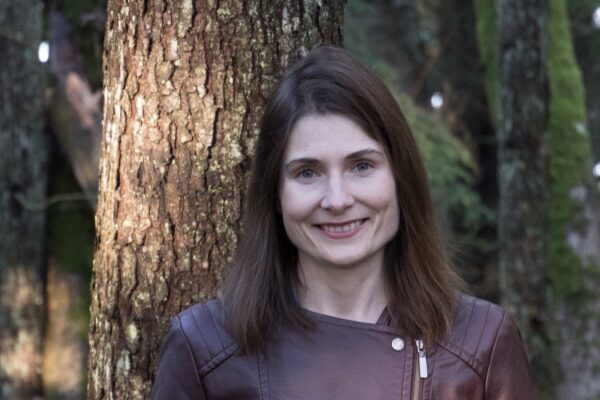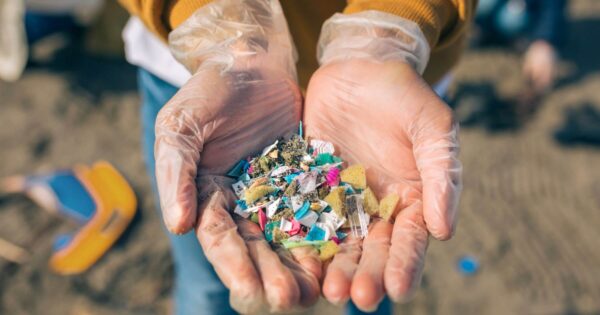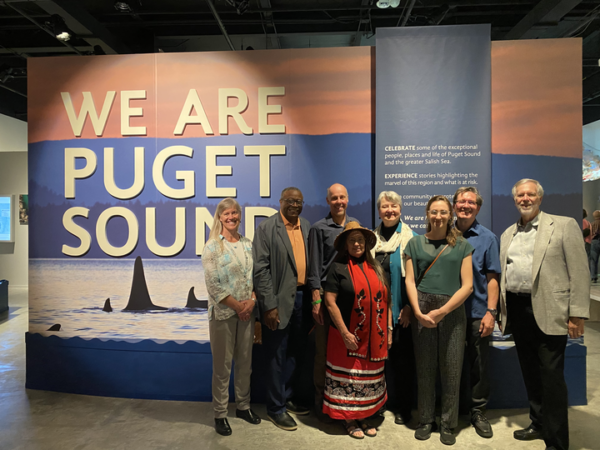Stormwater runoff pollutes our shared waters and harms habitat for salmon. Your local government should be protecting you from stormwater pollution and flooding – but are they?
We created Nature’s Scorecard, a first-of-its-kind tool that grades your city and county on how well they’re planning for growth by protecting our waterways and prioritizing low-impact development.
Check out your community’s score today!
Low-Impact Development (LID) uses plants and soil to absorb stormwater. LID protects people from pollution and flooding by slowing down the path of runoff through developed areas and filtering out dangerous contaminants.
Two years ago, Washington Environmental Council and Puget Soundkeeper released the first version of Nature’s Scorecard to evaluate our region’s commitment to preventing polluted stormwater. When we looked at legal requirements under the Clean Water Act, half of Puget Sound cities and counties were missing the mark.
Now, thanks to the advocacy of members like you, many more cities and counties have made significant progress. Over 70% of Puget Sound cities and counties have earned at least 4 out of 5 checkmarks, with several more improvements in the works.
Learn more about how Puget Sound communities scored and how you can take action.
But there’s more work to do. Over 15% of municipalities have still failed to meaningfully incorporate LID into their codes. And while this past stormwater permit focused on new development, we must also consider how we retrofit the existing landscape.
These buildings, parking lots, and streetscapes are major contributors to Puget Sound’s biggest source of pollution—stormwater runoff—and need modern stormwater controls. By retrofitting, we can create walkable, healthy communities that protect our waterways for orcas, salmon, and people.
Thanks to people like you who weighed in on what you want to see in the future, Washington’s next round of statewide stormwater permits, issued this summer, will require cities and counties to plan for retrofits. And we’ll be watching. Together we can make sure our region is healthy and livable for generations to come.


